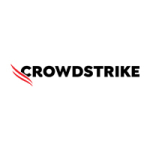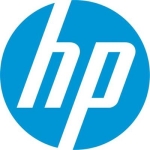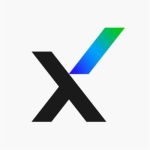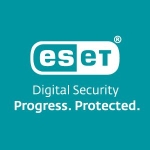What is our primary use case?
We have Windows Endpoints and Linux Endpoints, but I believe it is mostly deployed on Windows. We do not have it installed on Linux.
What is most valuable?
We don't think the features are very valuable because they have limitations.
What needs improvement?
There are limitations because everyone these days has hybrid working; however, the endpoint does not work for us unless we are connected to a VPN, which is a major limitation. And because it's quite old technology that hasn't been updated, we don't want an on-premises solution; we want a cloud-based solution. We want a cloud-based solution and a market leader.
When I look at the Gartner Quadrant and the Magic Quadrant, it's nowhere near, if not lagging behind. For those reasons, I would not use it.
It was a good product many years ago, but since Broadcom took it over and so on, it has fallen behind.
For how long have I used the solution?
I have been using Symantec End-User Endpoint Security for over five years.
I don't recall the version, but we are not working with the most recent version.
It's an older version. We are not looking to carry on using Symantec End-User Endpoint Security. We want one of the market leaders, and Symantec is in no way near being the market leader.
What do I think about the stability of the solution?
It's stable, but this could be due to our surroundings. There is only enough storage to store it. And I believe it is due to us, rather than the product, that we only store a limited amount of data.
What do I think about the scalability of the solution?
Symantec End-User Endpoint Security is scalable.
We have very few people in our company who use this solution because we currently outsource our security operations to Symantec. There will only be three or four people that will be working with this product.
It's used every day, at some point.
How are customer service and support?
I have not personally contacted technical support, but my security team may have.
Broadcom is concentrating on its top 200 customers. I don't think my team is overly impressed with the support they have been getting.
The support needs improvement.
Which solution did I use previously and why did I switch?
Previously, we had not used any other Endpoint protection products.
How was the initial setup?
I don't remember the installation process because it's been five years since it was done.
I'm sure it will require some endpoint updates.
What's my experience with pricing, setup cost, and licensing?
Because we are still awaiting pricing, I am not sure what the difference is. I have only done the technical comparison; I haven't done the pricing comparison yet.
Which other solutions did I evaluate?
We are looking at CrowdStrike and Microsoft Defender.
Because we're not in the Top 200 in Symantec, we don't get the traction and escalations, but more importantly, if I look at the market leaders, it's very much Microsoft or CrowdStrike, and Broadcom Symantec is nowhere near the leading endpoint security in Gartner.
We want one that is multi-platform so that we can receive consistent and comprehensive reporting and alerts across all platforms. We're looking for a SaaS-based solution, which means it's all cloud-based and has advanced threat protection, including machine learning for zero-day attacks, as well as the ability to detect vulnerabilities and misconfigurations in real-time. One that's able to do memory scanning for malicious code threat hunting.
What other advice do I have?
I couldn't recommend this solution; instead, I'm going for the market leader, which, is CrowdStrike, followed by Microsoft.
Based on the experience of my colleagues, and not as much my own, I would rate Symantec End-User Endpoint Security a six out of ten.
Which deployment model are you using for this solution?
On-premises
Disclosure: My company does not have a business relationship with this vendor other than being a customer.



















